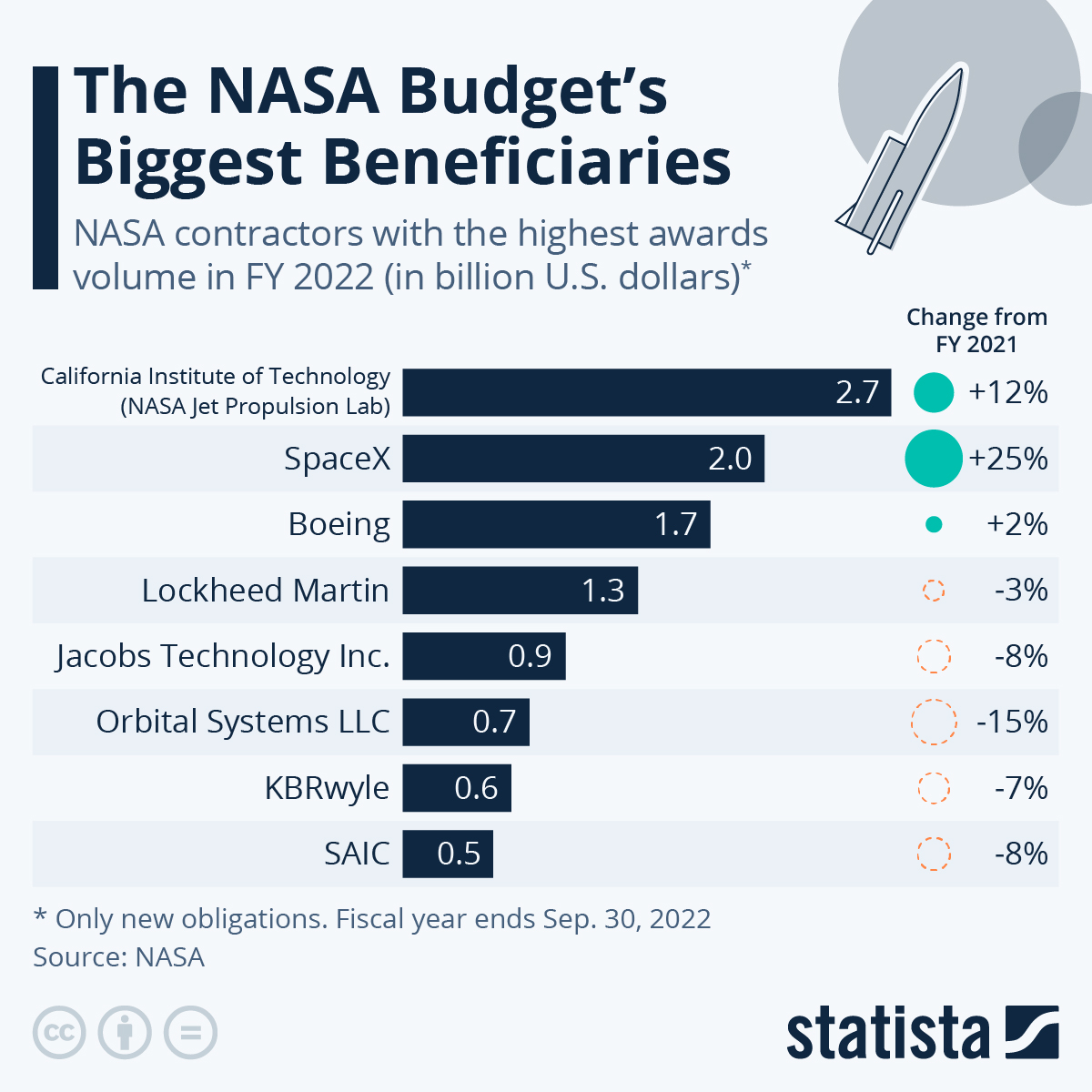Musk's entire wealth is based on regulatory capture: with minor policy changes and one law on crypto, the value of Musk's assets would drop by 99%.
That means it's not self made, it's State made.
What a load of nonsense. Musk's first business venture was
Zip2, which was co-founded by his brother Kimbal Musk and Greg Kouri, who put up $8000. Musk's father later put in $20,000 (to put that in perspective, a few years earlier I loaned $23,000 to my brother to buy a house, and I am certainly not rich).
By 1998 the company had partnered with about 160 newspapers to develop guides to cities. In 1999 Compaq Computer bought Zip2 for $305 million, with Elon getting $22 million and Kimbal $15 million.
Please explain how Musk became a millionaire 'based on regulatory capture'.
Musk then invested about $12 million into
X.com, co-founded with Harris Fricker, Christopher Payne, and Ed Ho. Now you know where the name 'X' comes from.
Within two months X.com attracted over 200,000 signups. In March 2000 X.com merged with Confinity, creators of
PayPal. Musk was its biggest shareholder and so was appointed CEO. Now he's hit the big time, and still no 'regulatory capture' in sight.
In 2002 eBay acquired PayPal for $1.5 billion, of which Musk got $175.8 million. So by this time he's close to $200 million net worth, and
still no 'regulatory capture' in sight.
He then invested $100 million of that money in
SpaceX, a private company that Musk founded for the eventual purpose of going to Mars, but also to decrease the cost and improve the reliability of access to space. In 2006 NASA started the
COTS program, designed to spur the development of private spacecraft and launch vehicles for deliveries to the International Space Station.
This is the first contact Musk has with government. If you want to call this 'regulatory capture' then go ahead. Most people wouldn't agree with that charcterization though. The US Government contracts jobs out to many private companies, and expects to get value for money. In this case SpaceX did the job cheaper and more reliably than the competition. That's your tax dollars
really working. If you don't think the US government should be in the space exploration business then tell your congressman, don't put it on Musk.
In 2004 Musk joined
Tesla as its largest shareholder, investing $6.5 million. In 2008 he became CEO, and the
Roadster was launched. By January 2009 Tesla had raised $187 million in private investment, with Musk contributing $70 million of his own money.
As you know, this was the time of the
Great Recession, with governments around the world 'bailing out' companies who were 'too big to fail' (and just as well they did, or we might have seen another
Great Depression). This included $17.4 billion to General Motors and Chrysler. In June 2009 Tesla received $465 million in interest-bearing loans from the United States Department of Energy. Tesla repaid the loan in May 2013 with
$12 million in interest. Hardly what I would call 'regulatory capture' - the government made money out of it.
As you also know, since 2010 the US government has been giving
tax credits of up to $7500 to buyers of EVs and plug-in hybrids. This money goes to customers (if they have tax to pay), not manufactuers, though it could be arged that they benefit from increased sales and/or being able to ask a higher price. The full credit only applied to the first 200,000 vehicles by each manufacturer, after which it would scale back. Tesla and GM reached that limit in 2018. Nissan, Ford, Toyota and BMW were still on the full amount when it was extended in 2022 by Joe Biden.
Is this the 'regulatory capture' you are talking about? If so then why single out Musk, and not Mary Barra (GM) or Jim Farley (Ford)? In 2022 Mary Barra was the highest paid CEO in the industry, receiving $29 million. How much did Musk receive in the same year? Nothing. That's right, he was entitled to a base salary according to California's minimum wage requirements, but refused to accept it. Musk's worth is entirely dependent on the value of his shares.
But why are his shares worth so much? The proximate reason is simple - because that's how much investors are willing to pay for them. They are willing to pay because Tesla has gone from being a startup making boutique sports cars to producing the most popular car on the planet - which happens to be an EV. And Tesla now sells more vehicles outside the US than in it, so even if the US government pulled the plug on all incentives they would be fine. Tesla also makes batteries for energy storage too, which they sell all around the world - another revenue stream that isn't dependent on 'regulatory capture'.
You may have a point about the insane wealth Musk has accumulated and the power it gives him. But blame the real culprit for that - our capitalist economic system that rewards business owners according to the worth of their company. In a sane world everybody would get the same income no matter how much 'value' they are creating. But good luck trying to convince the Amercan voter of that, as they would rightly call it communism.



